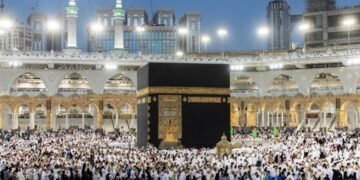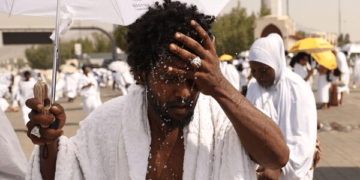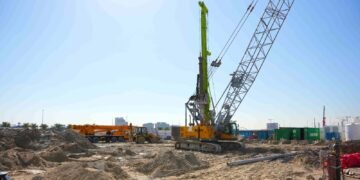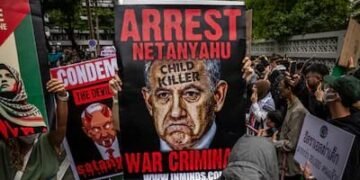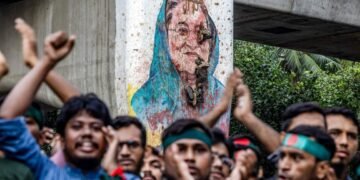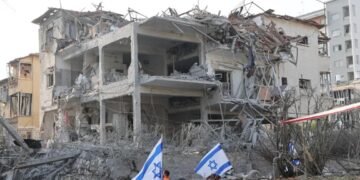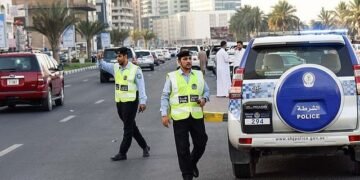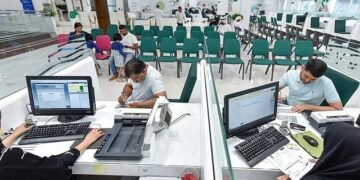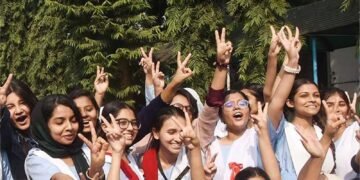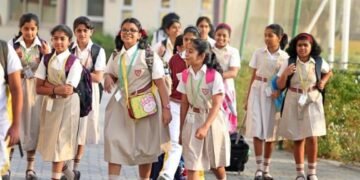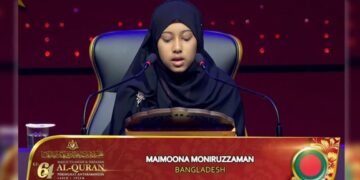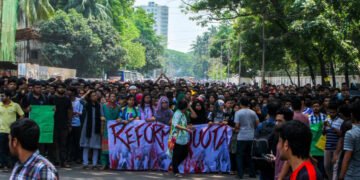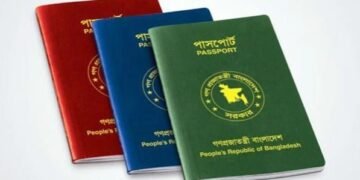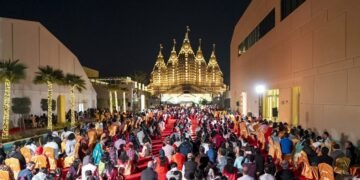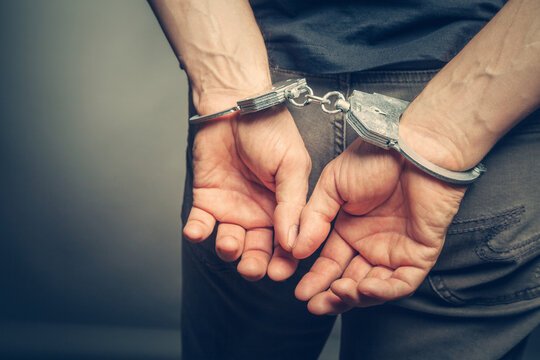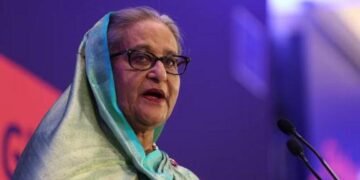The protesters reportedly disrupted transportation and destroyed public and private property
Three Bangladeshis sentenced to life imprisonment and 54 others to be deported after serving prison terms over riots and protests in the UAE, authorities said on Monday. The three were were given life for calling for demonstrations and inciting riots in UAE to put pressure on their country’s government during ongoing unrest over job reservation. The court also sentenced 53 others to 10 years and one defendant to 11 years for entering the country illegally and participating in the ‘gathering’.
Abu Dhabi Federal Court of Appeal pronounced the verdict and sentenced these expats for illegal gathering on July 22. The court also ordered their deportation at the end of their prison terms and the confiscation of all seized devices.
The group of Bangladeshis were arrested on Friday for gathering and inciting riots in several streets across the UAE against their home country’s government. Chancellor Dr Hamad Saif Al Shamsi, UAE Attorney-General, had ordered an immediate investigation and referred the suspects to an “urgent trial”.
The defendants were brought to trial after an investigation led by a team of 30 investigators confirmed their involvement in gathering in public, inciting unrest, disrupting public security, and promoting such gatherings and protests, including recording and disseminating audiovisual footage of these actions online. Several of the defendants confessed to the crimes with which they were accused.
During the trial, covered by the media, the Public Prosecution demanded the maximum penalty for the accused.
The court heard a witness who confirmed that the defendants gathered and organised large-scale marches in several streets of the UAE in protest against decisions made by the Bangladeshi government. This led to riots, disruption of public security, obstruction of law enforcement, and endangerment of public and private property. The police had warned the protesters, ordering them to disperse, to which they were unresponsive.
The court-appointed defence lawyer argued that there the gathering had no criminal intent and that the evidence was insufficient, demanding the acquittal of the defendants. However, the court found sufficient evidence of their guilt and convicted them accordingly.
Bangladesh unrest
Protests erupted in Bangladesh against preferential hiring rules that prioritise women, residents of less developed districts, and other disadvantaged sections over merit-based selection. This includes reservation of 30 per cent of highly sought-after civil service posts for children of freedom fighters who fought in the country’s 1971 liberation war against Pakistan.
Amid the unrest, telecommunication lines were disrupted, a nationwide internet ban was enforced and a curfew was imposed to quell the growing unrest. Military was called in, after police failure to control the protests.
On Sunday, Bangladesh’s Supreme Court scrapped most of the quotas which sparked the student-led protests in which at least 114 people have been killed.
The court’s Appellate Division directed that 93 per cent of government jobs will be open to candidates on merit, without quotas, the reports said.




